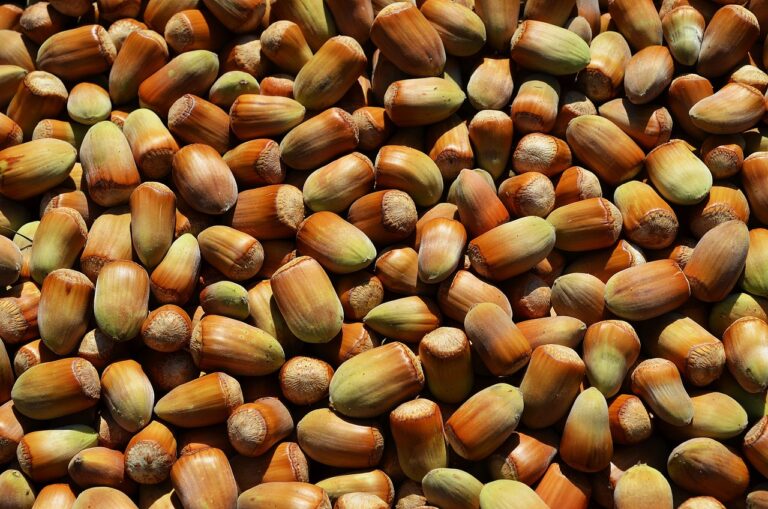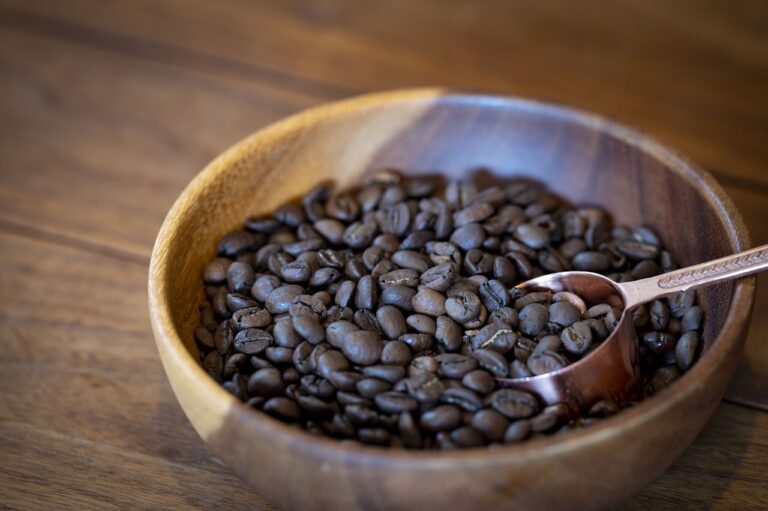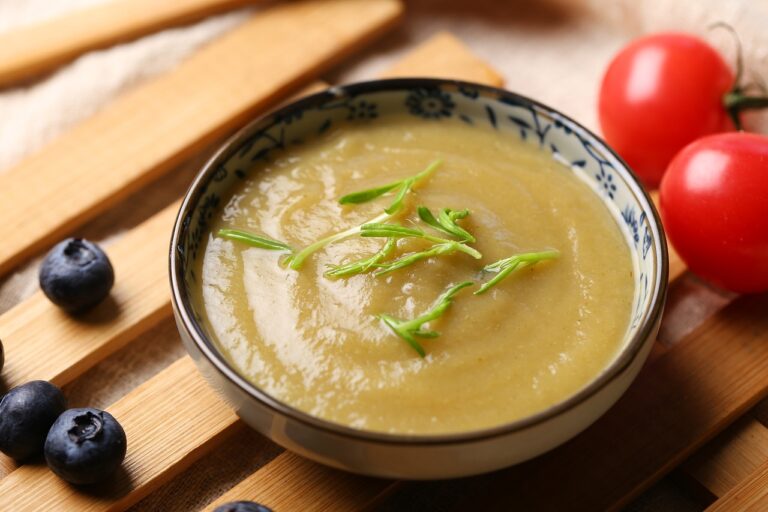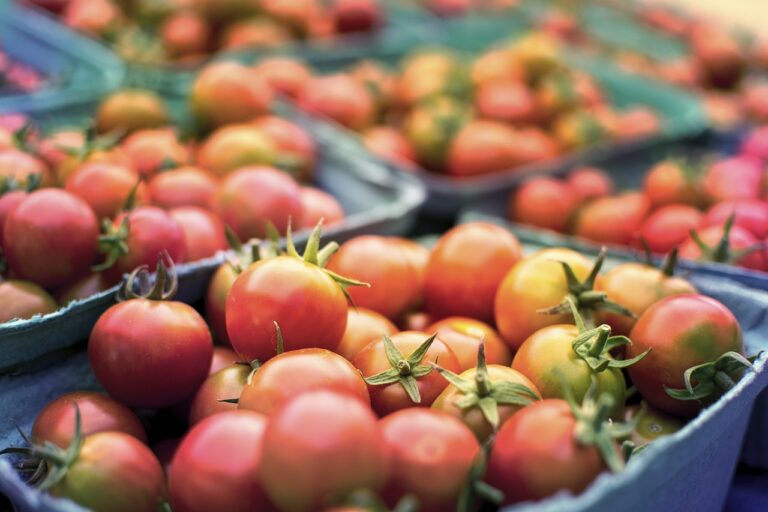Exploring Opportunities for Food Exports to Brazil
laser book, silverexch, 11xplay reddy login: With its vast landmass and diverse population, Brazil offers a plethora of opportunities for food exports from various countries around the world. Whether you’re a small-scale producer looking to expand your market reach or a large agricultural company seeking new avenues for growth, Brazil has the potential to be a lucrative market for your food products.
In this article, we’ll delve into the intricacies of the Brazilian food market and explore the opportunities available for food exports to this South American powerhouse.
Understanding the Brazilian Food Market
Brazil is the largest country in South America, both in terms of land area and population. With over 200 million people, Brazil boasts a diverse consumer base with varying tastes and preferences when it comes to food.
The Brazilian food market is characterized by a rich culinary heritage that combines indigenous, African, and European influences. Traditional Brazilian dishes such as feijoada, a hearty black bean stew with pork, and coxinha, a deep-fried dough filled with shredded chicken, reflect the country’s multicultural roots.
In recent years, Brazil has witnessed a rise in demand for healthier and more sustainable food options. Consumers are increasingly looking for organic, non-GMO, and ethically sourced products, creating opportunities for food exporters who specialize in these areas.
Opportunities for Food Exports to Brazil
1. Exotic Fruits and Vegetables: Brazil is known for its diverse range of exotic fruits and vegetables, such as acai, guarana, and cupuacu. These products are in high demand both in the domestic market and abroad, presenting an opportunity for exporters to tap into this niche market.
2. Coffee and Cacao: Brazil is the largest producer of coffee and cacao in the world, making these commodities an attractive export option for food producers. With a growing interest in specialty coffee and fine chocolate, there is significant potential for exporters to capitalize on Brazil’s reputation for quality.
3. Organic and Non-GMO Products: As consumers become more health-conscious, there is a rising demand for organic and non-GMO food products in Brazil. Exporters who can cater to this niche market stand to benefit from the growing trend towards healthier eating habits.
4. Meat and Poultry: Brazil is one of the largest exporters of meat and poultry in the world, with a strong reputation for quality and affordability. Exporters who specialize in meat and poultry products have the opportunity to tap into Brazil’s thriving market and establish strategic partnerships with local distributors.
5. Dairy and Cheese: Brazilian consumers have a growing appetite for dairy products, including cheese, yogurt, and milk. Exporters who can offer high-quality dairy products are well-positioned to capitalize on this trend and establish a presence in the Brazilian market.
6. Snack Foods and Confectionery: With a diverse range of snacks and confectionery products, Brazil offers ample opportunities for exporters in this category. From traditional Brazilian snacks like p㯠de queijo (cheese bread) to international favorites like chocolate bars and potato chips, there is a high demand for snack foods in the Brazilian market.
Navigating the Brazilian Food Market
While the Brazilian food market presents numerous opportunities for exporters, navigating the regulatory landscape can be challenging. It is essential to familiarize yourself with Brazil’s food import regulations, including labeling requirements, certification protocols, and import duties.
Additionally, building relationships with local distributors and retailers is crucial for success in the Brazilian market. Establishing trust and rapport with key players in the food industry can help exporters navigate the market more effectively and expand their reach.
FAQs
1. What are the key trends driving the Brazilian food market?
The Brazilian food market is influenced by several key trends, including a growing demand for healthier and more sustainable food options, a rising interest in exotic and organic products, and a shift towards convenience and snacking.
2. How can exporters ensure compliance with Brazil’s food import regulations?
Exporters can ensure compliance with Brazil’s food import regulations by working with experienced customs brokers, obtaining the necessary certifications and documentation, and staying informed about any changes to import requirements.
3. What are the distribution channels for food products in Brazil?
Food products in Brazil are distributed through a variety of channels, including supermarkets, hypermarkets, specialty stores, online retailers, and food service providers. Establishing partnerships with local distributors and retailers can help exporters reach their target audience effectively.
In conclusion, exploring opportunities for food exports to Brazil can be a rewarding endeavor for food producers and exporters looking to expand their market presence. By understanding the nuances of the Brazilian food market, navigating regulatory challenges, and building strategic partnerships, exporters can capitalize on the diverse opportunities that Brazil has to offer.







